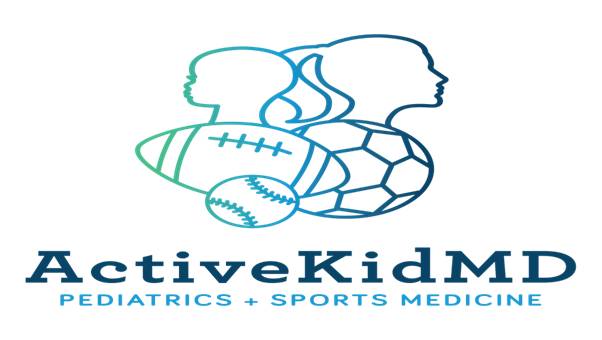Is it OK to for my sick child to exercise? What symptoms should keep a child off the playing field?
When trying to decide if an athlete is too ill to participate in sports, I tend to ask the following questions:
- Will exercise make the athlete at-risk for more serious or longer-lasting illness?
- Is the athlete contagious to other members of the team or sport group?
Study and experience tells us that a fever over 100.4 degrees Fahrenheit increases metabolic demands of the body, often making exercise more difficult.
Thus, many authorities recommend either limiting or stopping exercise until the fever is gone for at least 24 hours.
I have found that the neck rule can assist athletes and parents in deciding on sport participation:
- If symptoms are entirely above the neck (runny nose, sore throat, mild headache, etc) then there is less potential risk for more serious illness with exercise.
- Recommend light exercise at first, and if symptoms do not worsen, then gradually increasing the intensity of the exercise.
- If symptoms are below the neck (productive cough with mucous, chest pain/tightness, stomach ache, vomiting/diarrhea, rash, muscle/body aches) then there is a greater risk not only for worsening individual symptoms, but also for spread to teammates.
- Thus, recommend limiting all activity until these symptoms are gone for 24 hours.
- If there is any concern- call the office or contact your medical provider to schedule an appointment and receive further evaluation.
How can we limit spread of colds and other illnesses during the winter months?
No athlete wants to be sick during the season and spread illness to other team members.
Following some basic rules can help prevent the spread of infections:
- Do not share water bottles, cups, towels, washcloths, or tissues.
- Shower immediately after exercise and change into clean clothes.
- Launder athletic equipment on a regular basis.
- If prescribed medications- take them as directed for the full length of the prescription.
- Use antibiotics only for the intended illness; never use them for a new illness or when they were not specifically prescribed.
- Incomplete or improper use of antibiotics can lead to bacterial resistance that may increase both the spread and severity of an illness.
- Get adequate sleep and nutrition as fatigue and poor diets can weaken the immune system.
- Get no fewer than 8 hours of sleep a night, and schedule at least one rest day from exercise per week.
- Low-fat diets (less than 10-15% of daily calories as fat) and less than 4-5 fruits/vegetables per day can also reduce ability to fight infection.
- Consider the Influenza Vaccine (flu shot) in the fall months.
- Influenza A/B viruses are common sources of illness and disability during the winter months and flu shots can reduce both individual and team risks from flu symptoms.
